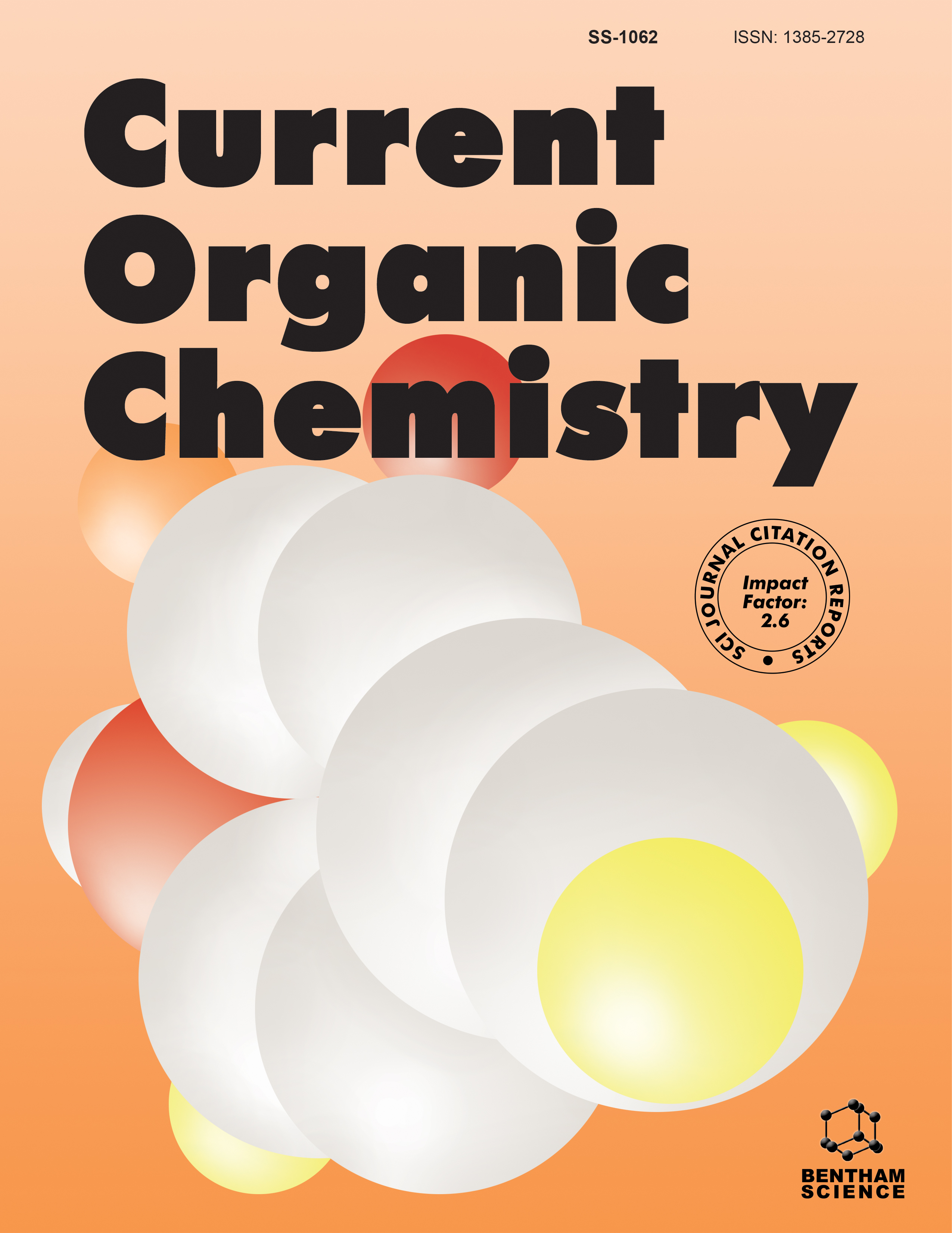
Full text loading...

Thiophene and its substituted analogs play a significant role in medicinal chemistry due to their diverse biological activities and their importance as versatile synthons in drug design, discovery, and development. These include antimicrobial, antioxidant, anticancer, antitubercular, antirheumatic, anti-urease, anticonvulsant, antileishmanial, and anti-anxiety properties, underscoring its potential as a useful scaffold. Various thiophene derivatives have been reported to exhibit antimicrobial efficacy against multidrug-resistant strains by disrupting membrane permeability and inhibiting enzymes. Structural modifications, such as the introduction of electron-donating substituents, enhance their antioxidant capacity by stabilizing reactive oxygen species. In anticancer applications, these compounds target apoptosis pathways and inhibit enzymes essential for cancer cell survival. The aromatic structure of thiophene facilitates receptor binding and blood-brain barrier penetration in antianxiety applications. Notably, two thiophene-based drugs, tiaprofenic acid and tinoridine, have been investigated in clinical trials for their anti-inflammatory and analgesic properties. Overall, thiophene derivatives have emerged as versatile compounds in medicinal chemistry, offering a broad spectrum of biological activities. This review presents a comprehensive overview of the remarkable progress achieved through the exploration of various reactive sites within the thiophene synthon. It also highlights diverse synthetic approaches employed in the development of both existing and novel thiophene derivatives. This review aims to assist researchers and medicinal chemists in developing novel leads featuring the thiophene moiety, with a focus on identifying promising candidates for future drug development and advancements in medicine.

Article metrics loading...

Full text loading...
References


Data & Media loading...